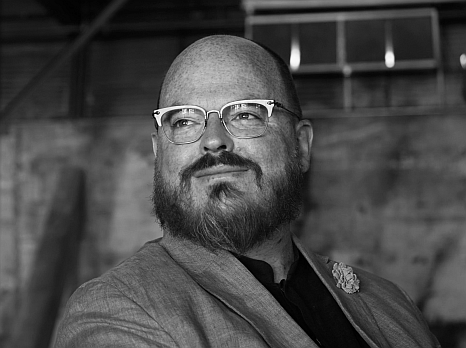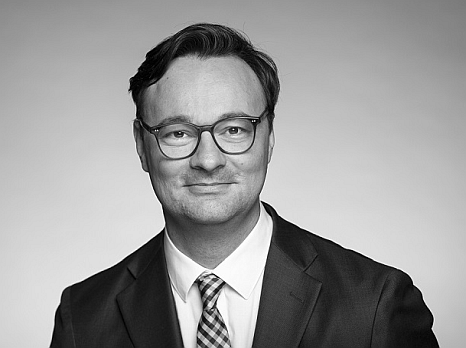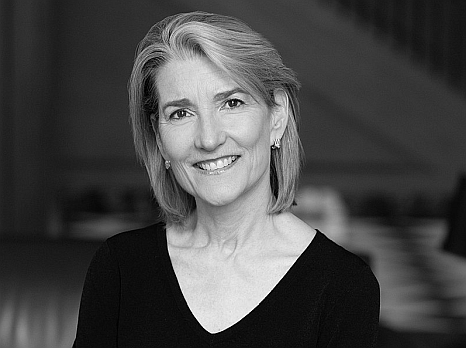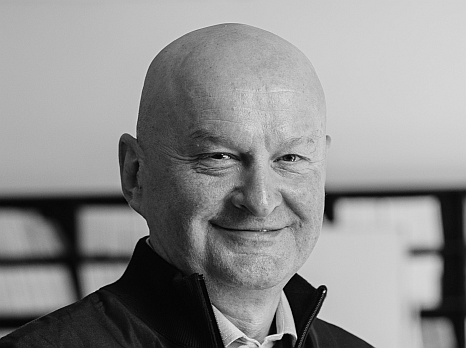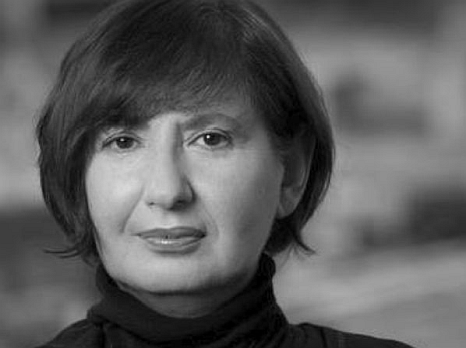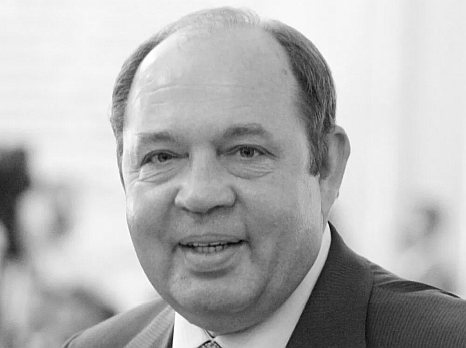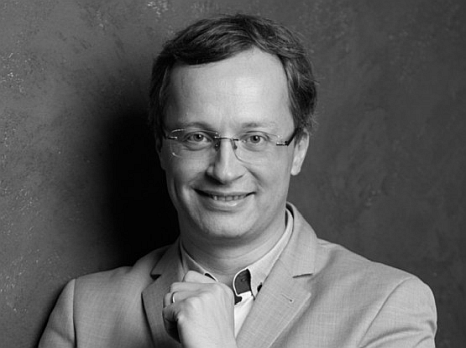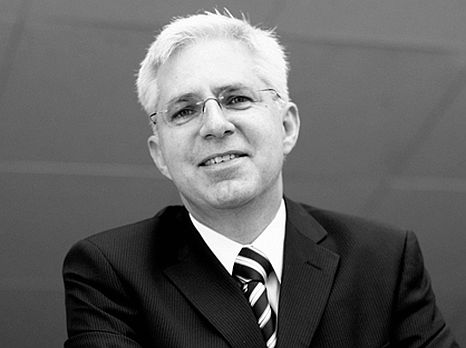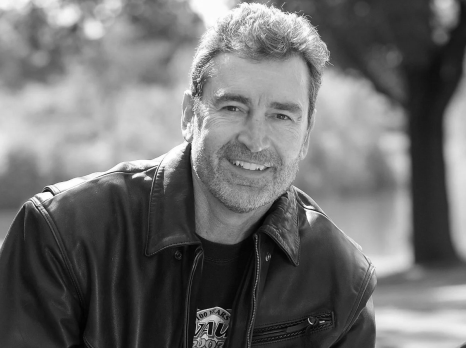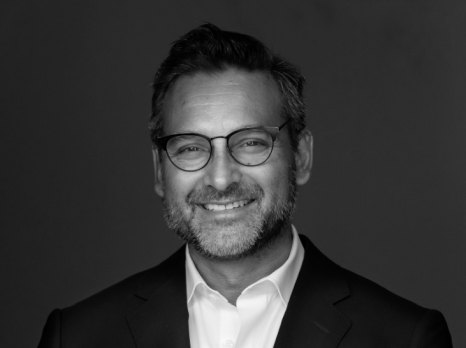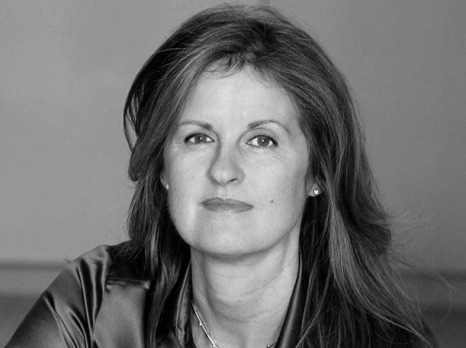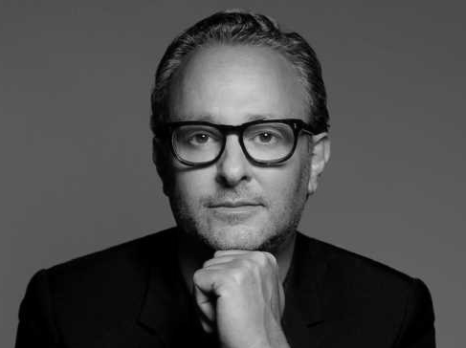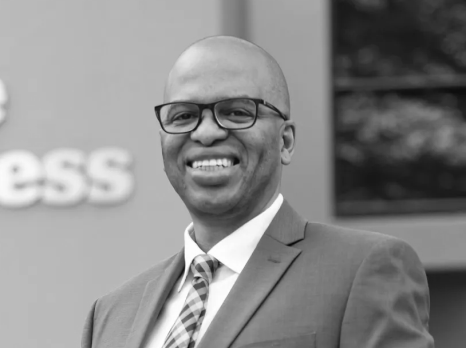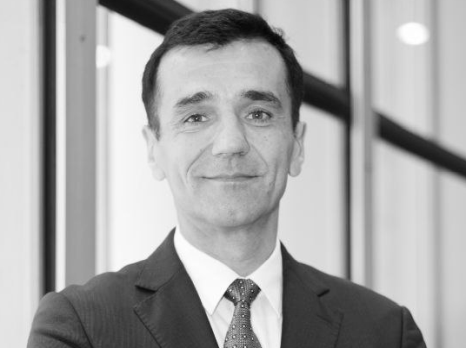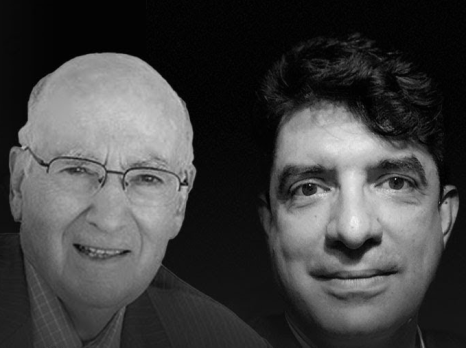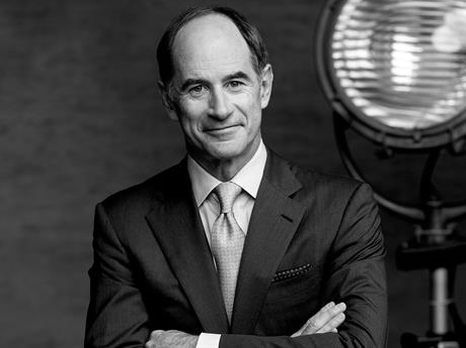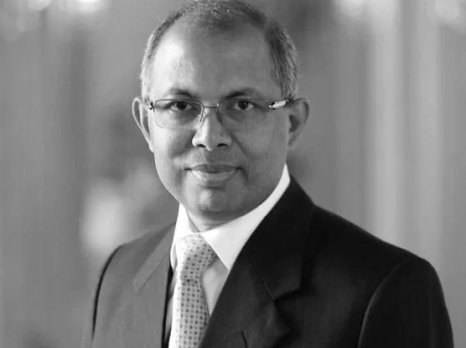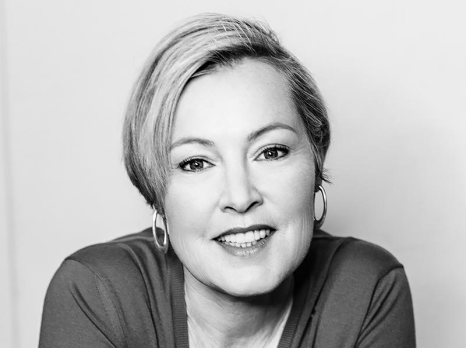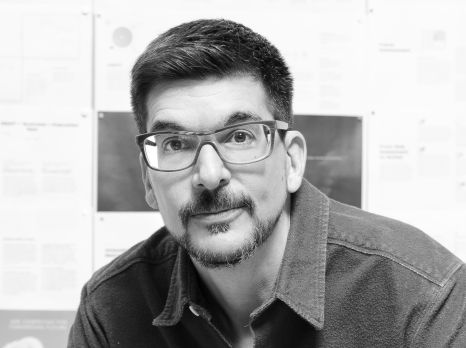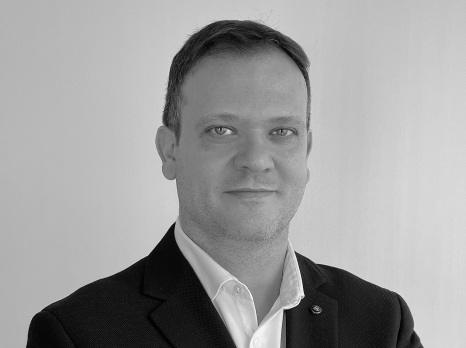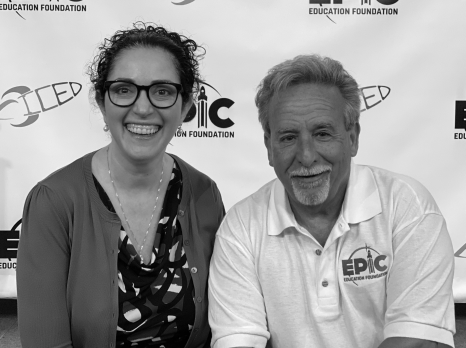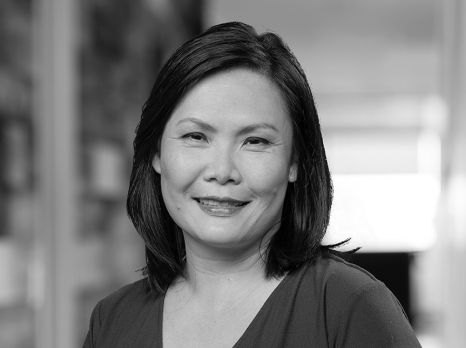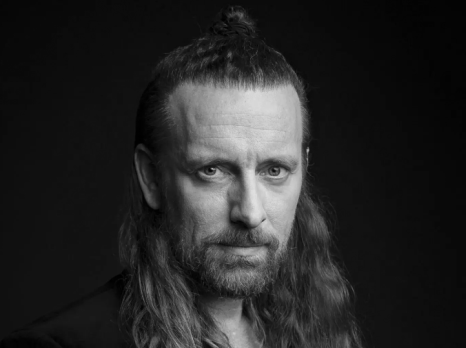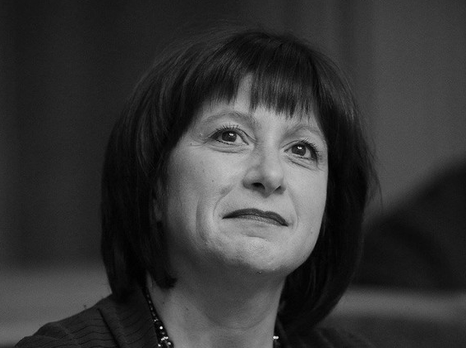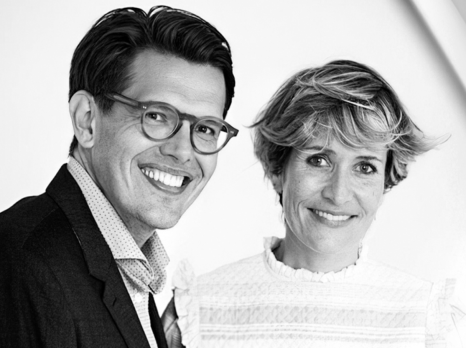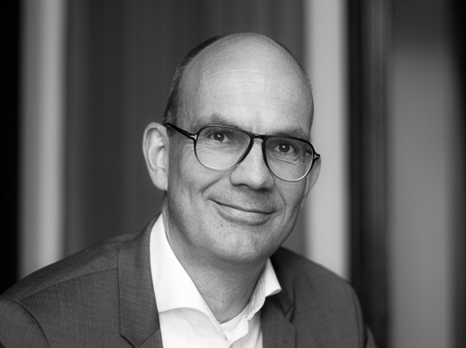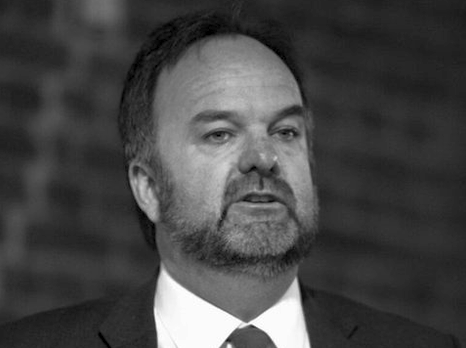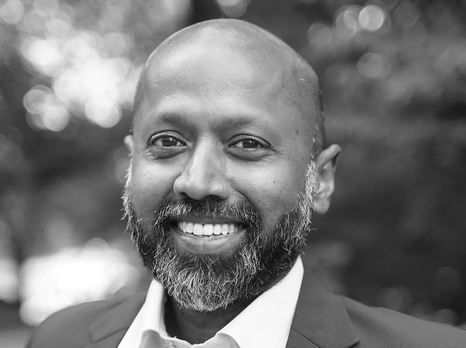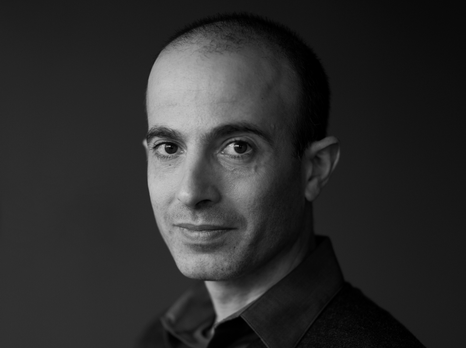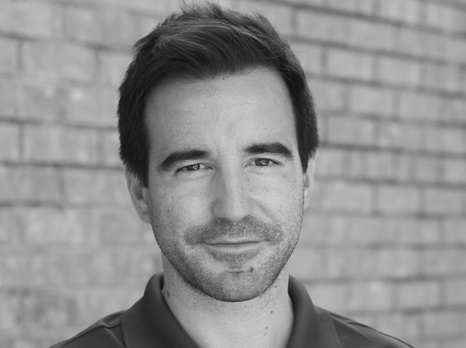Upcoming lectures
Past lectures
Kaihan Krippendorff
Outthink the Competition: Excelling In A Digital, Agile, Purpose-Driven Future
As a successful entrepreneur, author, consultant and CEO, Kaihan Krippendorff has worked with and studied thousands of companies and the different approaches they take to drive growth, foster innovation, and set themselves apart from the competition. How is it that some companies are able to continually pivot their strategy, transform, and pursue new growth ideas? The answer is they have a repeatable process and common language that can be learned and taught.
Based on his most recent book, Outthink the Competition, Kaihan delivers a systematic process and set of proven business strategy tools he has used with more than 300 clients in almost every industry to create innovative strategies and growth ideas that have generated more than $2.5B in revenue. Blending together first-hand stories of inspiring business and social innovators, from Elon Musk to Nobel Peace Prize winner Muhammad Yunus, Kaihan’s presentation teaches the audience a tested method for developing actionable growth ideas that unlock growth, increase competitiveness of their business and arm them with the tools needed to excel in today’s digital, agile, and purpose-driven world. In this inspiring keynote you will learn:
Based on his most recent book, Outthink the Competition, Kaihan delivers a systematic process and set of proven business strategy tools he has used with more than 300 clients in almost every industry to create innovative strategies and growth ideas that have generated more than $2.5B in revenue. Blending together first-hand stories of inspiring business and social innovators, from Elon Musk to Nobel Peace Prize winner Muhammad Yunus, Kaihan’s presentation teaches the audience a tested method for developing actionable growth ideas that unlock growth, increase competitiveness of their business and arm them with the tools needed to excel in today’s digital, agile, and purpose-driven world. In this inspiring keynote you will learn:
- How to use The Outthinker Process® to generate powerful ideas that can drive bottom-line results across all levels of the business
- How to find a “Fourth Option”: the option beyond the obvious choices, the option others will not see or respond to
- The Outthinker playbook: five strategic narratives you want to master now
- A simple approach to avoid killing off “crazy” ideas and instead turn them into winning moves
- How to extract value of internal ideas to drive organic growth
- How to build a culture of Outthinking that celebrates fresh strategic and innovative ideas and thinking
- How to empower and inspire your employees so that they are ready to take action to develop, test and scale innovative growth ideas
Deborah Rowland
Emergence and Agility: how to implement ongoing change and innovation in your organisation
Terence Mauri
How to turn megatrends in milestones
Are you ready to turn megatrends in milestones? Change used to happen as a breeze. Now it feels like a category-five typhoon. From ChatGPT and supply chain shocks to the War in Ukraine and red hot inflation one thing is for sure: we always overestimate the risk of trying something new and underestimate the risk of standing still. Join Hack Future Lab founder and Thinkers50 business thinker Terence Mauri on the journey to turn volatility into a tailwind for laser-like focus and strategic courage.
Mykhailo Kukhar
Economy and War: Results of the First Year
What part of the economy did Ukraine lose during the first year of the war?
Why did the banking system survive in Ukraine and how long can it last?
Will the Ukrainian economy survive the war of attrition?
How much Western aid did our budget receive and will receive after the Victory?
Will there be a liberal tax reform in Ukraine?
What will be the pace of recovery of the Ukrainian economy in 2024-2030?
Ron Carucci
Learning to Trust Again
"I suspect so many of your fellow citizens are experiencing unending levels of trauma and feeling a sense of trust and hope again will take some work. As your beautiful nation and people work to rebuild and restore, trusting one another and trusting in a future might prove to be a challenge and I’d love to offer some thoughts on how to work through that challenge."
Ron Carucci
Ron Carucci
Alf Rehn
The Age of Augmented Innovation
Creativity and innovation are well-known as the heart-blood of success in business and life, and in times of crises these become more important than ever. We also live in a time where there are exponential developments in the tools available for innovation and creativity, with new AI and metaverse applications already augmenting our creative powers, and more emergent technologies waiting around the corner. Thus, we are entering into an age of “augmented innovation”, where our capacity for innovation will be turbo-charged by new technologies, but where at the same time wicked problems and resource demands will need to be addressed. In his talk, professor Alf Rehn will talk about how to prosper in the next age of innovation, and what the pitfall of this age will be.
Dr. Alexander (Alex) Osterwalder
From Innovation Theater to Growth Engine - How do you know if your company is ready to innovate?
Dr. Mark Esposito
The Great Remobilization: Navigating the next decade of profound transformation
The talk, inspired by Mark’s next forthcoming book, “The Great Remobilization” (with Olaf Groth and Terence Tse, MIT University Press, 2023) will analyze the discontinuities and tectonic shifts that emerged during the pandemic and then chart a roadmap for a more sustainable, equitable, and prosperous future. We're calling it "The Great Remobilization," and with it we hope to help leaders as we collectively design better global systems, hence the idea of rewriting the rules. “The Great Remobilization” will chart a new path toward a more viable, sustainable, resilient and equitable world. Before we do this, however, we as societies, economies, businesses and individuals need to understand the tectonic shifts and major disruptions that occurred in the course of these few months.
“The Great Remobilization” will synthesize the insights of global experts to craft a viable formula for recovery. Ultimately, this work, and the essence of the talk will show how humanity can thrive in this unprecedented environment if we recognize and adapt to it in our societies, economies, organizations, and lives.
Dr. Ruth Gotian and Dr. Charles Camarda
Optimizing success: high achievers and high-performing teams
Natalie Jaresko
Minister of Finance of Ukraine (2014-2016)
Crisis Management in Economics and Politics
Dr. Christian Ketels
World-renowned expert on competitiveness and strategy
Future competitiveness of Ukraine in the global context
Dr. John Morrison
CEO of the Institute for Human Rights and Business
How Businesses Can Step Up for Human Rights During this Global Crisis
More and more is expected of business in societies all around the world. Put simply, every board of directors needs to understand how their company relates to wider society both in terms of positive and negative impacts. Last month at the World Economic Forum in Davos, we launched a Guidance Note for Boards on emerging director duties relating to expected stakeholders (https://www.ihrb.org/news/guidance-note-for-boards-and-ihrb-john-morrison-davos-world-economic-forum-2022).
In contexts such as the Russian invasion of Ukraine, it is even more important that company directors take this perspective, not just in OECD member countries but in emerging economies too: SMEs as well as major international companies.
John Morrison's presentation makes the case for a business' "social licence to operate" as a modern interpretation of social contract theory. He will take the issue of economic sanctions as one of these key issues, and within this the provision of 'public goods' (e.g. food, water, health) and essential services (e.g. security, agriculture, healthcare, energy, finance, internet). This is both an issue of enhanced human rights due diligence (as understood under the United Nations Guiding Principles on Business and Human Rights) as well as the culture in the boardroom.
In contexts such as the Russian invasion of Ukraine, it is even more important that company directors take this perspective, not just in OECD member countries but in emerging economies too: SMEs as well as major international companies.
John Morrison's presentation makes the case for a business' "social licence to operate" as a modern interpretation of social contract theory. He will take the issue of economic sanctions as one of these key issues, and within this the provision of 'public goods' (e.g. food, water, health) and essential services (e.g. security, agriculture, healthcare, energy, finance, internet). This is both an issue of enhanced human rights due diligence (as understood under the United Nations Guiding Principles on Business and Human Rights) as well as the culture in the boardroom.
Navi Radjou
One of the 50 most influential management thinkers in the world.
Frugal innovation: Rebuilding Ukraine better with fewer resources
- How cost-effective innovations are being transformed from a business strategy to a new way of thinking
- Limited resources: a tough precondition or a challenge for management
- What algorithm for deployment of cost-effective innovations may be applied in Ukraine
Dr. Yuval Noah Harari
Israeli historian, philosopher and writer
The war in Ukraine: a return to the law of the jungle or a new stage in the evolution of society?
- Presence and intensity of a war depend on technological, economic and cultural factors. Depending on how these factors change, the war itself changes. What does today's war look like? And how has the nature of the confrontation between the superpowers changed in the 21st century?
- In the process of global economy transformation, wealth depends not so much on material possessions as on knowledge. And, if some natural resources or strategically important territories can be seized by force, with sources of knowledge it won’t work. Thus, profitability of conquering a territory decreases. How has the understanding of the "benefits" of war changed in our time?
- Mankind has moved from an economy of war to an economy of peace. Throughout most of our history, peace meant "temporary absence of war," but in recent decades peace has come to be interpreted as " impossibility of war," as its "improbability." For example, in recent decades, governments around the world have felt relatively secure, spending about 6.5 percent of their budgets on the military, spending much more on education and health care. Will humanity return to the "economy of war" after the full-scale Russian invasion of Ukraine?
- The development of cyber weapons, an economy based on artificial intelligence and a new militaristic culture, can lead the mankind to an era of wars worse of which we have not ever seen. How to keep the peace on the planet?
Dr. Caryn Beck-Dudley
President and CEO of AACSB
Transformational Leadership for Positive Societal Impact
- Today’s business models are evolving to better support a blend of purpose, profit, and planet.
- How can new leaders embrace their entrepreneurial spirit to build a legacy for those to come?
- How can higher education support lifelong learners in their journey of redevelopment?
- What are the three competencies for impactful societal impact leadership?
Dr. Tomas Chamorro-Premuzic
International authority in psychological profiling
Тhe gap between the leaders we have and the leaders we need
- Psychological science and behavioral science of leadership
- Why people pick the wrong leaders
- How leadership needs to evolve to improve the state of affairs in the world
Dr. Guy Standing
World renowned economist
Why a Basic Income will be Essential to Revive the Ukrainian Economy
- Basic income: is it for everybody or for those who went destitute because of the war?
- Monthly amount that would provide basic needs.
- Basic income implementation: Ukrainian experience vs experience of Switzerland, Finland or Germany.
- Basic income in Ukraine: risks and reservations.
Meeting Moderator: Dr. Vyacheslav Pokotylo, Professor at MIM Business School
